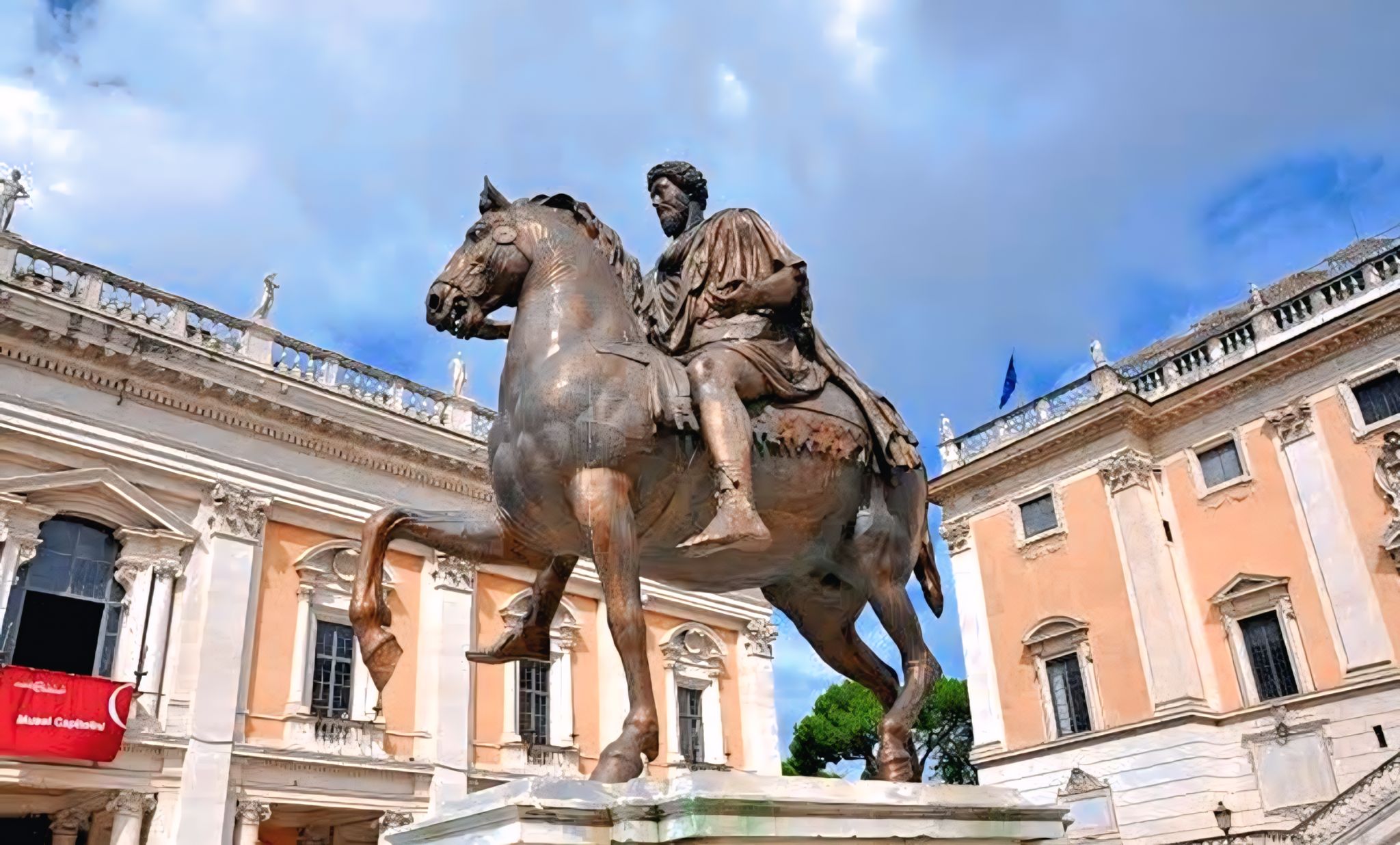
Some names echo through history not because they conquered the most, but because they conquered themselves. Marcus Aurelius is one of them — a Roman emperor, a philosopher, a man who stood tall in the middle of chaos. His life wasn’t just about battles and politics. It was about self-mastery, clarity, and discipline.
It isn’t just a biography. It’s a journey through the mind and legacy of Marcus Aurelius — his Stoic philosophy, his surprising connection to gladiators, the quotes that still hit hard today, and even why people get his words inked on their skin. Ready to dig in?
The Life of Marcus Aurelius: A Philosopher on the Throne
Born in 121 AD, Marcus Aurelius Antoninus grew up in the heart of Rome’s elite society. From a young age, he showed a quiet strength. While other children were caught up in politics and play, Marcus was buried in books — drawn to philosophy, especially the teachings of Epictetus.
He was adopted by Antoninus Pius, a Roman emperor, which put him next in line for the throne. But instead of getting drunk on power, Marcus turned to wisdom. He wasn’t a natural ruler, but a reluctant one — the kind who never wanted glory, only peace. When he became emperor in 161 AD, the Roman Empire wasn’t exactly a calm place. There were invasions, plagues, betrayals — yet Marcus stayed grounded.
He didn’t write memoirs or brag about victories. Instead, he wrote ‘Meditations‘, a personal journal that was never meant to be published. In those pages, you can see the man behind the empire: vulnerable, focused, brutally honest with himself.
His Quiet War With Himself
Most emperors fought enemies outside the walls. Marcus fought within. He dealt with grief, exhaustion, war, and constant pressure, yet kept his inner world intact.
He once wrote, “You have power over your mind – not outside events. Realize this, and you will find strength.” That line sums him up. He believed in focusing only on what’s within your control — a lesson modern life still hasn’t fully learned.
He didn’t hide his struggles. He met them head-on. And that’s what made him relatable, not just admirable.
Marcus Aurelius and the Gladiators
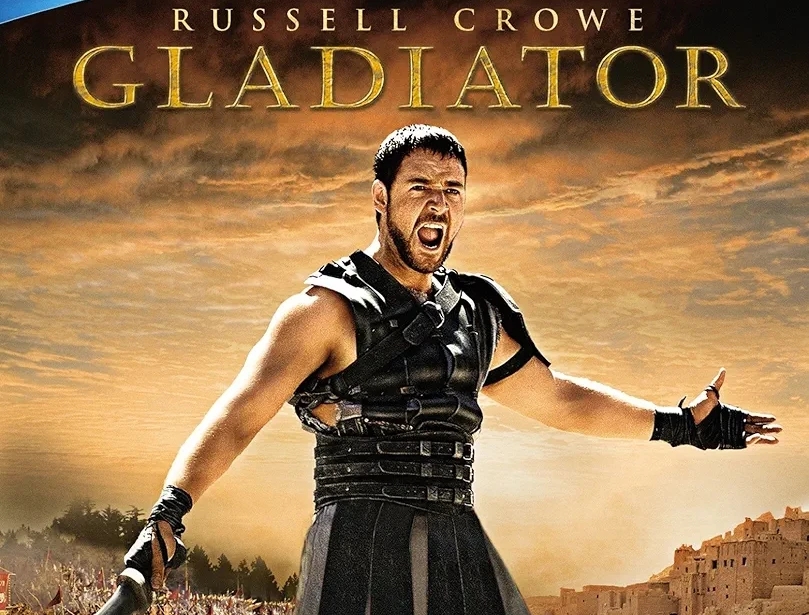
Here’s a twist: Marcus Aurelius is often tied to gladiators — but not in the Hollywood way. In the film Gladiator (2000), he’s portrayed as the wise old emperor killed by his power-hungry son. That part? Fiction. But his reign did coincide with Rome’s obsession with the games.
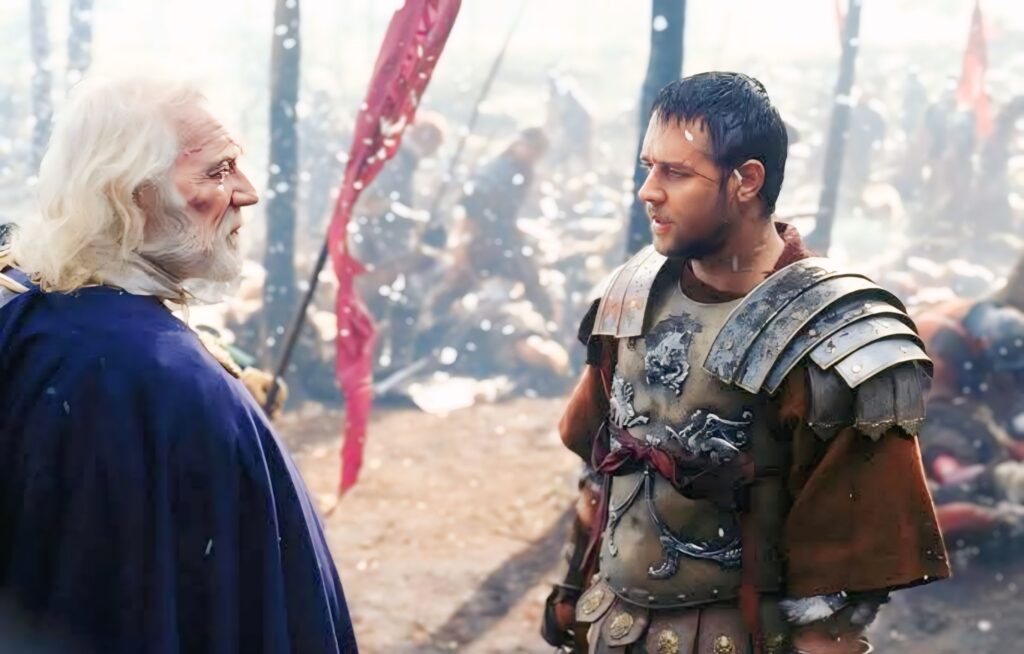
Unlike some emperors, Marcus wasn’t a huge fan of blood sports. He found them brutal, a distraction from real virtue. Still, as emperor, he had to fund and attend them. Public opinion mattered. He watched gladiator fights not because he enjoyed them, but because Rome expected him to.
There’s even talk among historians that he tried to limit excessive violence in the arena. For him, strength wasn’t about killing — it was about character.
Meditations: The Book That Wasn’t Meant to Be One
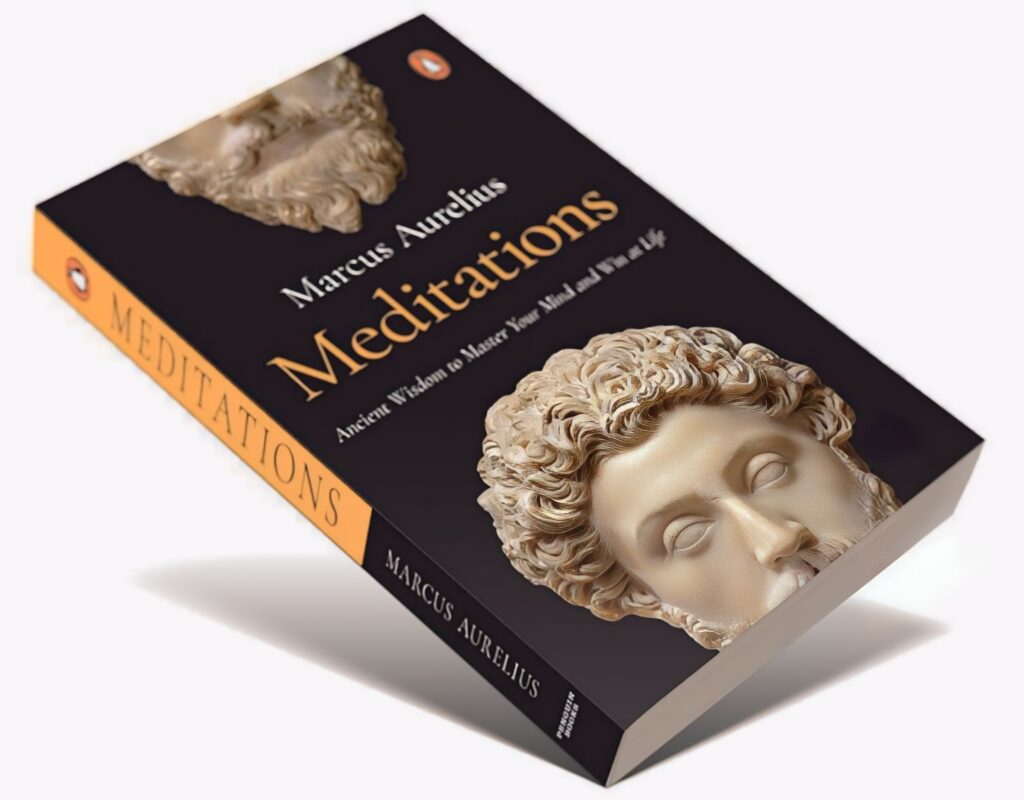
Think of ‘Meditations‘ as one of the world’s rawest self-help books — and Marcus never planned on anyone reading it.
It’s a collection of notes, reminders, and philosophical reflections he wrote during war campaigns. No polish, no grand ideas — just a man writing to stay sane and grounded while running an empire.
Here’s a glimpse of a few timeless lines:
- “Waste no more time arguing about what a good man should be. Be one.”
- “The happiness of your life depends upon the quality of your thoughts.”
- “Do not act as if you were going to live ten thousand years. Death hangs over you.”
Those lines hit differently when you know he wrote them in tents during wars, not from a peaceful study.
‘Meditations’ is still a best-seller today, with readers from CEOs to soldiers to students finding clarity in his words.
Death: How Did Marcus Aurelius Die?
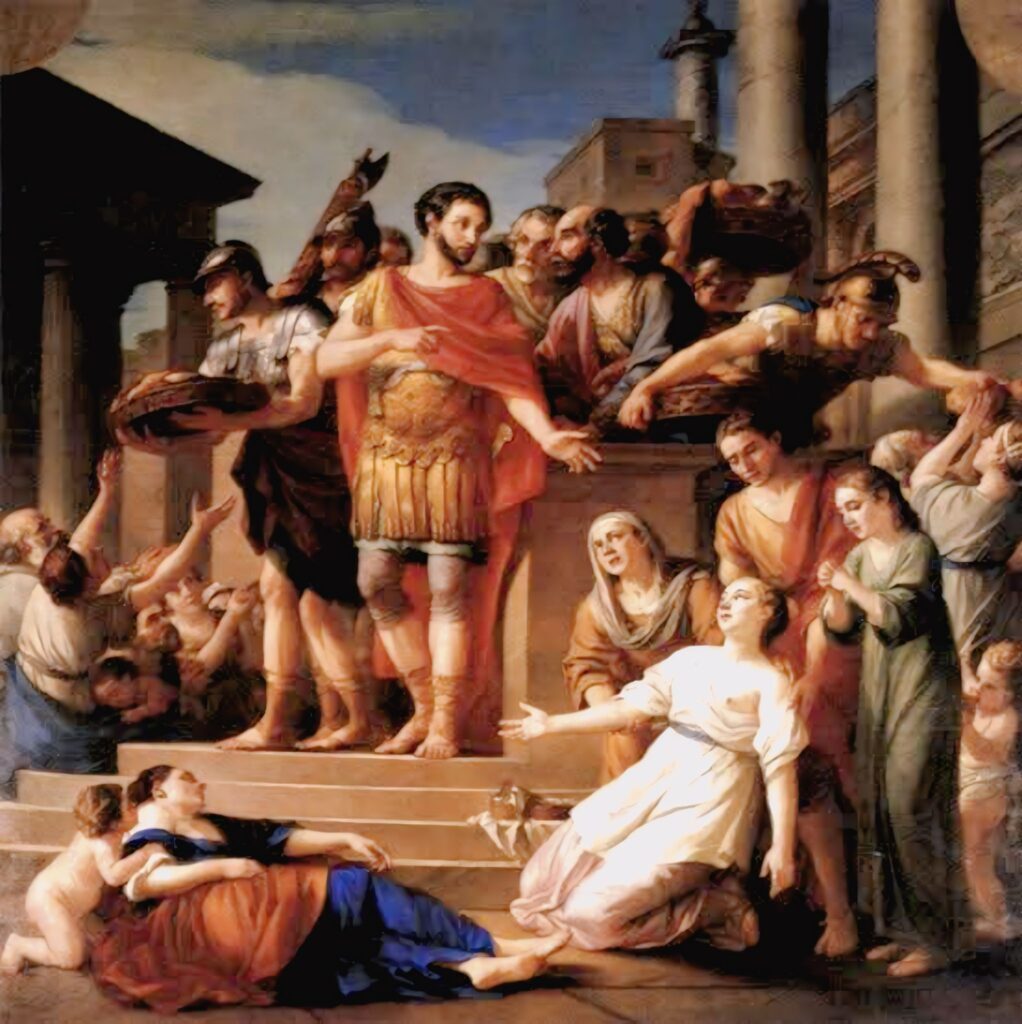
Marcus died in 180 AD in the city of Vindobona (modern-day Vienna) or possibly Sirmium (modern-day Serbia), after falling ill — likely from the Antonine Plague, a disease that swept through Rome during his reign.
But he didn’t fear death. He had spent years preparing for it in thought. In Meditations, he called death a natural process, something not to be feared but understood.
His final act as emperor? Naming his son, Commodus, as successor — a decision that would haunt Rome. Commodus ruled with ego and violence, the exact opposite of his father’s humility and wisdom.
Tattoos Inspired by Marcus Aurelius
It might surprise you, but Marcus’s words live on — not just in books, but on skin. More and more people today are getting tattoos of his quotes. Lines like:
- “The impediment to action advances action. What stands in the way becomes the way.”
- “Memento Mori” (Remember you must die)
Why? Because his words aren’t just wise — they’re grounding. They remind people to stay focused, to let go of what they can’t control, and to live deliberately. In a noisy world, his clarity stands out.
For some, his philosophy is more than inspiration. It’s a guide to living — and they want that reminder with them every day.
The Equestrian Statue: A Symbol That Survived
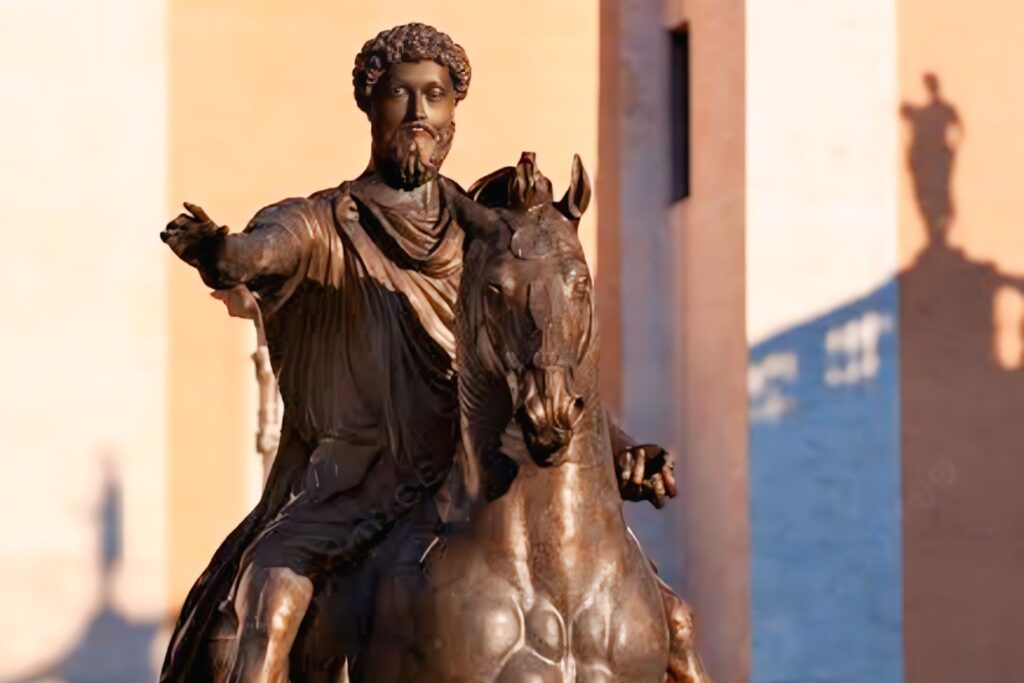
In the heart of Rome, there’s a massive bronze statue of Marcus Aurelius on horseback. It’s one of the few surviving bronze statues of a Roman emperor — and here’s why: medieval people thought it was a statue of Constantine, the Christian emperor, so they didn’t melt it down like they did with others.
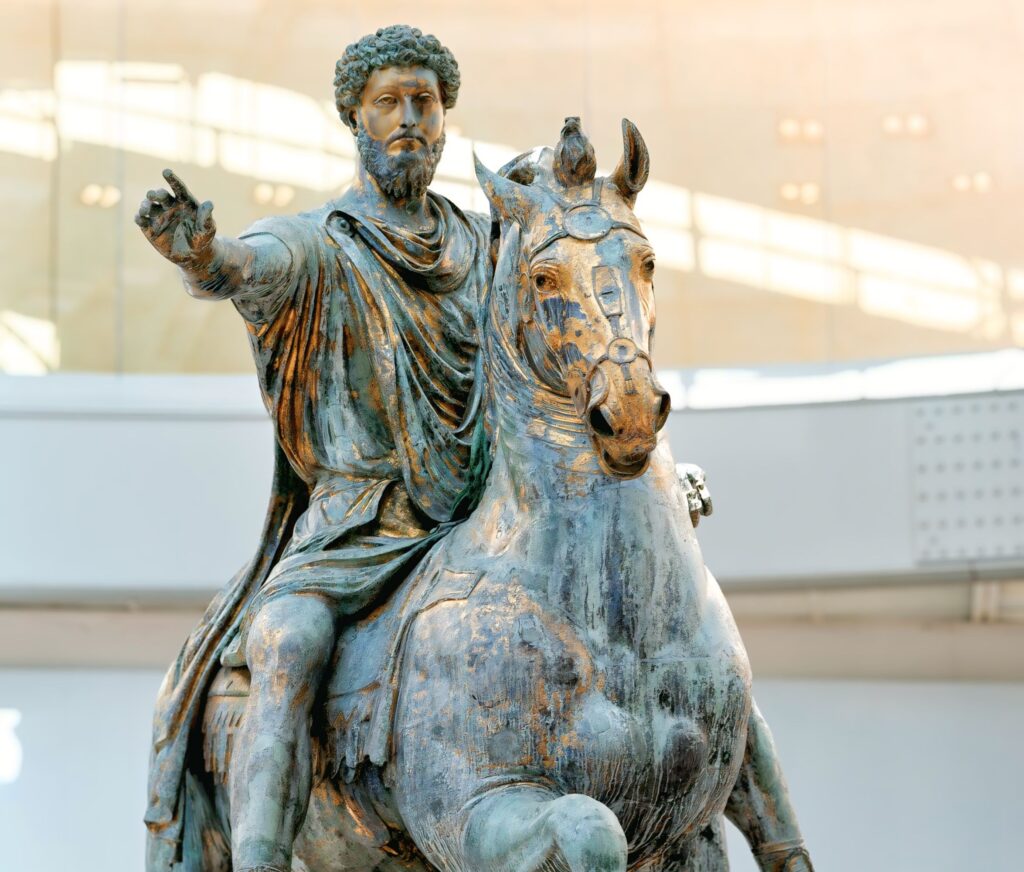
This statue isn’t just art. It shows Marcus as a calm, composed ruler — not a conqueror, but a thinker, holding the reins with one hand, the other extended in peace.
You can feel his presence in it. No sword, no armor, no bragging. Just a man in control — of himself and his horse.
Why He Still Matters
In a time where leaders crave power, Marcus Aurelius reminds us of something else: self-control, discipline, and serving a purpose bigger than ego.
He didn’t chase likes or fame. He wrote for himself, ruled with calm, and faced hardship without complaint. That’s rare.
And maybe that’s why he’s more popular now than ever. His teachings aren’t locked in history. They apply to crowded cities, lonely nights, tough decisions, and even morning routines.
He taught how to live with intention, how to die without fear, and how to face the chaos of the world without letting it infect your soul.
Final Thoughts
Marcus Aurelius wasn’t just a Roman emperor. He was proof that real strength is quiet, thoughtful, and controlled. Whether you read his quotes, ink his words on your skin, or pass by his statue, the message stays the same:
Focus on what you can control. Let go of what you can’t. And always, always aim to be a better human.
His story isn’t ancient. It’s timeless.
Want more on Stoicism, self-discipline, and timeless thinkers? Explore:






